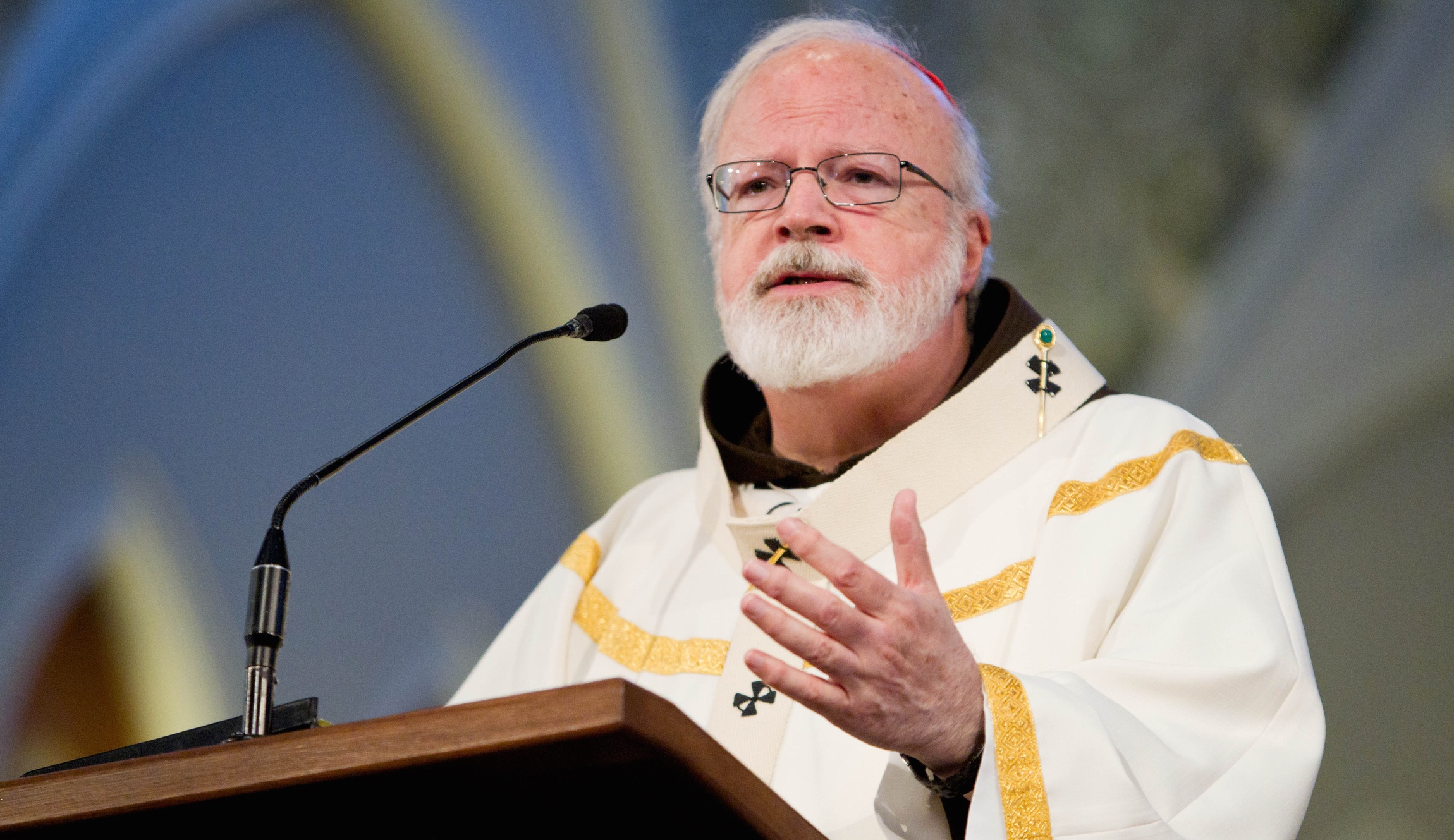Edinburgh, Scotland, May 31, 2015 / 06:02 am (CNA/EWTN News) – The controversial Assisted Suicide Scotland Bill was defeated on Wednesday by the Scottish Parliament 82-36 in a free vote in Edinburgh, following rising dissent against the legislation.
“Today our parliamentarians took a step towards building a society that has the dignity of the human person – and especially the most vulnerable – at its very heart, and for that we are grateful,” Archbishop Leo Cushley of St. Andrews and Edinburgh stated May 27 in response to the defeated Scottish assisted suicide bill.
“We believe human life must be fully protected by the law at every stage,” asserted the Catholic Bishops’ Conference of Scotland, saying that “it is not appropriate for any person to make judgments about the ‘quality’ of another’s life as this bill would require.”
The bill was originally advocated in 2013 by Margo MacDonald, an independent member of Scottish Parliament battling against Parkinson’s disease. However, she died late last year before any votes were cast on the legislation.
The bill was hoisted up by MSP Patrick Harvie after MacDonald’s death and promoted over the past year in the name of human rights.
Had the bill passed, it would have given the green light to doctors to assist the death of consenting adults who battled a terminal illness or life-shortening disease and wanted to end their lives through prescription drugs.
In Scotland, it remains illegal to accomplice a suicide – an offense which could lead to prosecution and is enforced by the Suicide Act 1961. However, an individual themselves attempting to commit suicide has not been outlawed.
Nevertheless, the Assisted Suicide Scotland bill drew widespread criticism from the beginning for glitches in the proposal, and was found wanting in transparency.
The Law Society of Scotland professed apprehension towards the legislation, believing there were too many gray areas lacking in clarity.
The Church of Scotland expressed dissent over the law, saying parliament should focus their energy on improving palliative care rather than assisted suicide. The Health and Sport Committee also found “significant flaws” within the proposal and scrutinized the bill during it’s early days in the Scottish Parliament.
Care Not Killing, a major human rights umbrella group in Scotland, worked resolutely to shut down the bill, and underscored that the defeated law marked a major victory for the vulnerable in society.
“Parliament’s first responsibility is to protect the vulnerable and that is what has happened,” stated Dr. Gordon Macdonald, the convenor of Care Not Killing, in response to the bill’s defeat.
The legislation was a dangerous proposal, the Care Not Killing group believes. In fact, if assisted suicide is ever legalized in Scotland, they asserted that it will overflow into more than just the “end of suffering.”
“The right to die can so easily become the duty to die and vulnerable people who are sick, elderly or disabled will inevitably feel pressure, whether real or imagined, to end their lives so as not to be a burden on others,” CNK campaign director Dr. Peter Saunders stated.
The CNK remains committed to opposing any future proposals for assisted suicide in Scotland, MacDonald said.
“We must remain ever vigilant and on alert to challenge and debunk their dark and deathly propaganda, which offers a vision of the future which has no place in Scottish civilized society.”

